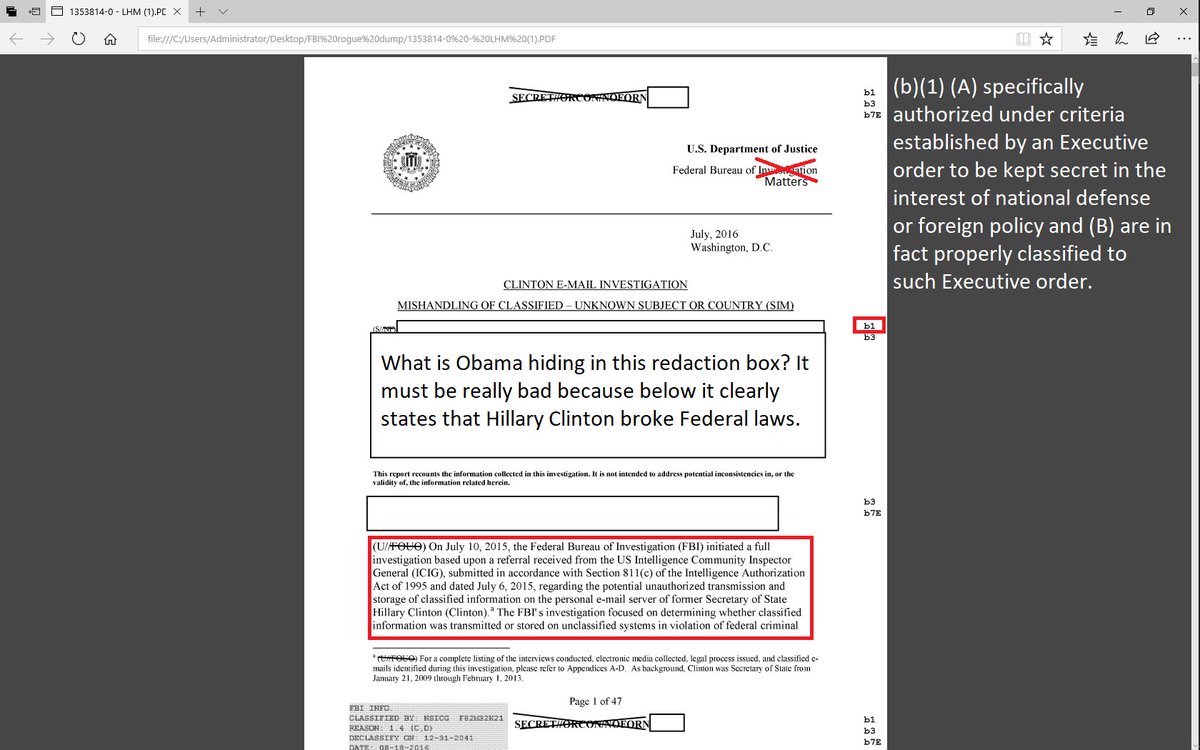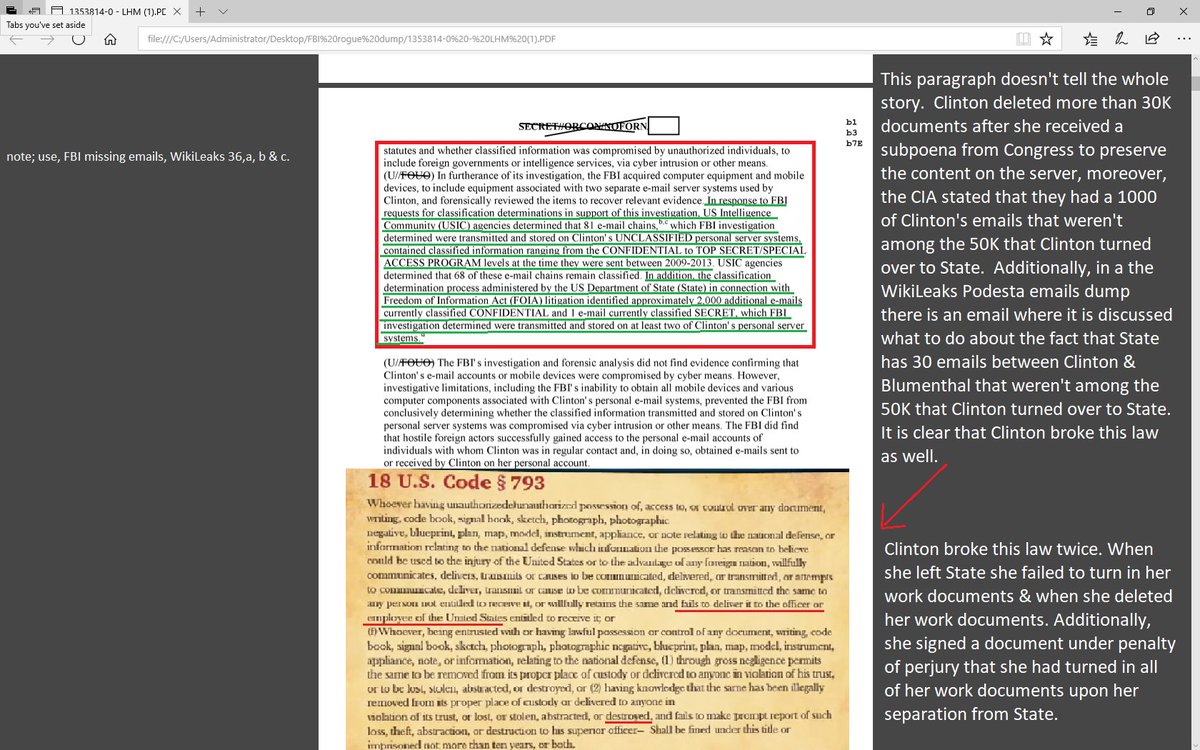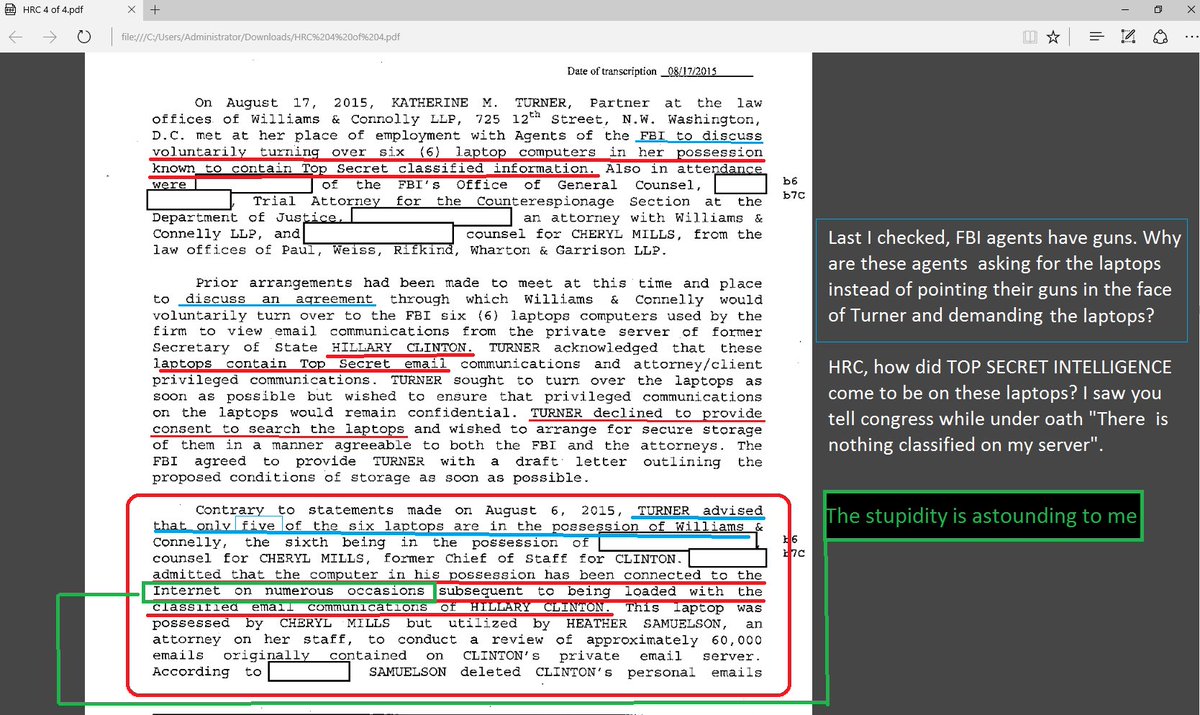VI. Conclusion
"Congress has provided the FBI with substantial powers and authorities to gather evidence as part of the FBI's criminal and counterintelligence mission.
~ End ~
oig.justice.gov/reports/2019/o…
Twitter may remove this content at anytime, convert it as a PDF, save and print for later use!

1) Follow Thread Reader App on Twitter so you can easily mention us!
2) Go to a Twitter thread (series of Tweets by the same owner) and mention us with a keyword "unroll"
@threadreaderapp unroll
You can practice here first or read more on our help page!







